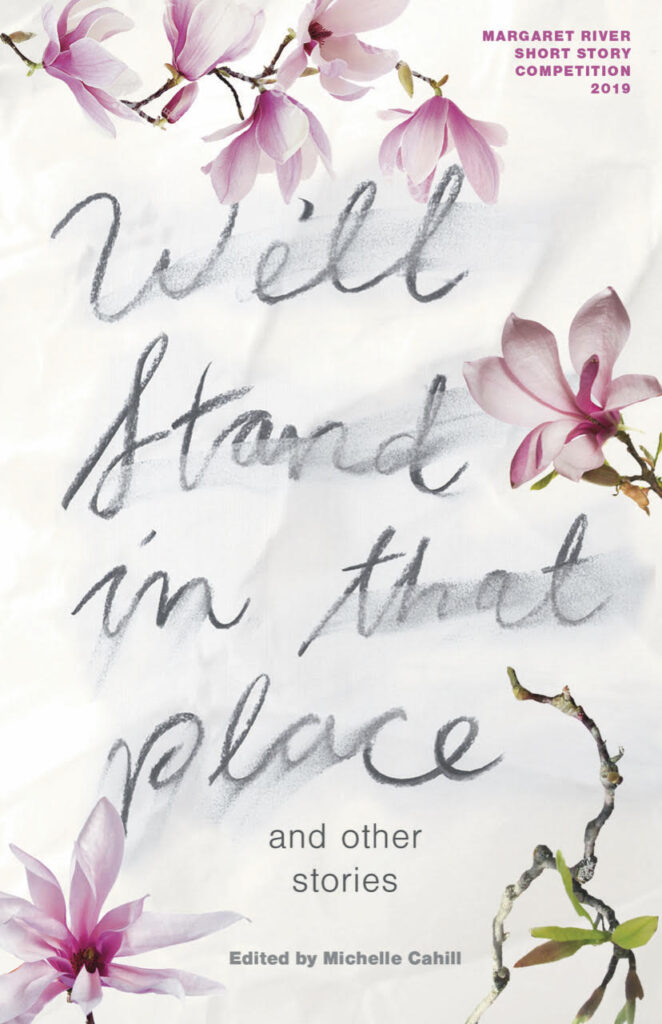5 Questions with Mark Smith
by Amy Van der Linden
Your author bio makes it clear that you are a talented YA author who has won many awards for your previous works. However, your short story ‘A Concreter’s Heart’ tells the story of a broken man with a gambling addiction who is separated from his now late wife. What was the idea behind the storyline for this piece? And how does it differ from what you are usually drawn to writing?
While I have written three YA novels, my first love is literary fiction and especially short form fiction. I learned my craft by writing short stories. For three years before writing my first novel, I wrote dozens of short stories – and I had more than 20 published in that time (and at least three times that number of rejections). ‘A Concreter’s Heart’ was written about three years ago, largely as a response to what I saw as the timid, inward looking, stories that seemed to be dominating collections and competitions. And there also weren’t many that dealt with men’s mental health and the consequences for them of marriage breakdown and family dislocation. Des’ situation is entirely of his own making and I wanted to examine what it would be like for him when confronted by that reality.
‘A Concreter’s Heart’ deals with a range of themes throughout the story. To me the main theme was that of complex relationships with family and dealing with complex emotions within the main character of Des. What do you hope the reader gets out of this story?
It is a pretty robust story and I wanted readers to see the situation from the perspective of Des, to feel his sense of guilt and his lack of understanding at how the world seemed to have moved past him without him even realising. It was as though the rest of the world was speaking a different language – especially his son and his old friends. He had isolated himself from them without understanding the consequences. The people he thought he knew, including his wife, were living quite different lives from what he thought. Everything had become so much more complex, hence his longing for simpler days when he worked as a concreter. And, of course, the analogy about being able shape and mold concrete, to smooth out the rough patches – in a way he was unable to do in his human relationships.

In society, for various reasons including social norms, upbringing, culture and the role models we are presented with, some men’s mental health issues have gone unrecognised for a long time. The title of your short story ‘A Concreter’s Heart’ resonates with the idea that generally men don’t talk about their feelings or emotions as much as they should, which leads to other mental health problems in the future. This is evident in the character of Des in your story and the way he deals with both his relationship with his son and the passing of his ex-wife. Was it important to you to highlight contemporary concerns such as male mental health through the power of telling this story? If so, why?
I never set out to write about issues – I focus on character first and try to get the reader to look at life through their eyes. The issues evolve through the characters. I wanted Des to be that old-style male who didn’t know how to show emotion – he even struggles to hug his own son when he meets him at the airport. He’s a man who recognises happiness only in retrospect, which I think is a fairly common trait among men. He didn’t realise the value of the people around him until he didn’t have them in his life. In one key moment, he looks back and realises that he should have been happy but was unable to live in the moment enough to enjoy it. While this is a reflection on men’s lives, it is also true of so many people living time-consuming, hectic lives. Their relationships suffer and estrangement becomes the norm.
What has your experiences with short story competitions like this one taught you about your writing in general? How did involving yourself in competitions help you in your journey of becoming an established writer?
Competitions are awesome because they are judged blind. If you make a shortlist in a competition like the Margaret River, you should take it as a win because there are so many entries and yours has been selected in the top ten or twenty stories. They also provide a great stepping-stone to publication. I’m a great believer in building your literary resume – to enhance the cover letter you can send along with a manuscript when submitting a longer work. And agents and publishers keep an eye out for names that appear regularly in anthologies and competition shortlists. Having also judged a large short story competition, I know there are hundreds of very, very talented writers out there, all wanting to be published, all wanting to have their work read and recognised.
Do you have any advice for writing students when it comes to entering competitions and dealing with rejection in the industry?
No one ever gets used to rejection. We all hate it! But it’s important to keep it in perspective and realise it’s generally because they don’t want that particular story at that particular time. ‘A Concreter’s Heart’ was rejected at least three times before We Will Stand in That Place. Most of the stories I’ve had published were rejected before finding a home. So, my advice is to persevere – don’t lose faith in a story just because it gets rejected a few times. Go back to it, maybe polish it a bit more, and send it out again. Other than that, never send anything off unless it is the very best piece of work you have and never, ever, write to impress. Just tell the story and the rest will look after itself.
This interview was conducted by a hardworking undergraduate student at Swinburne University.




